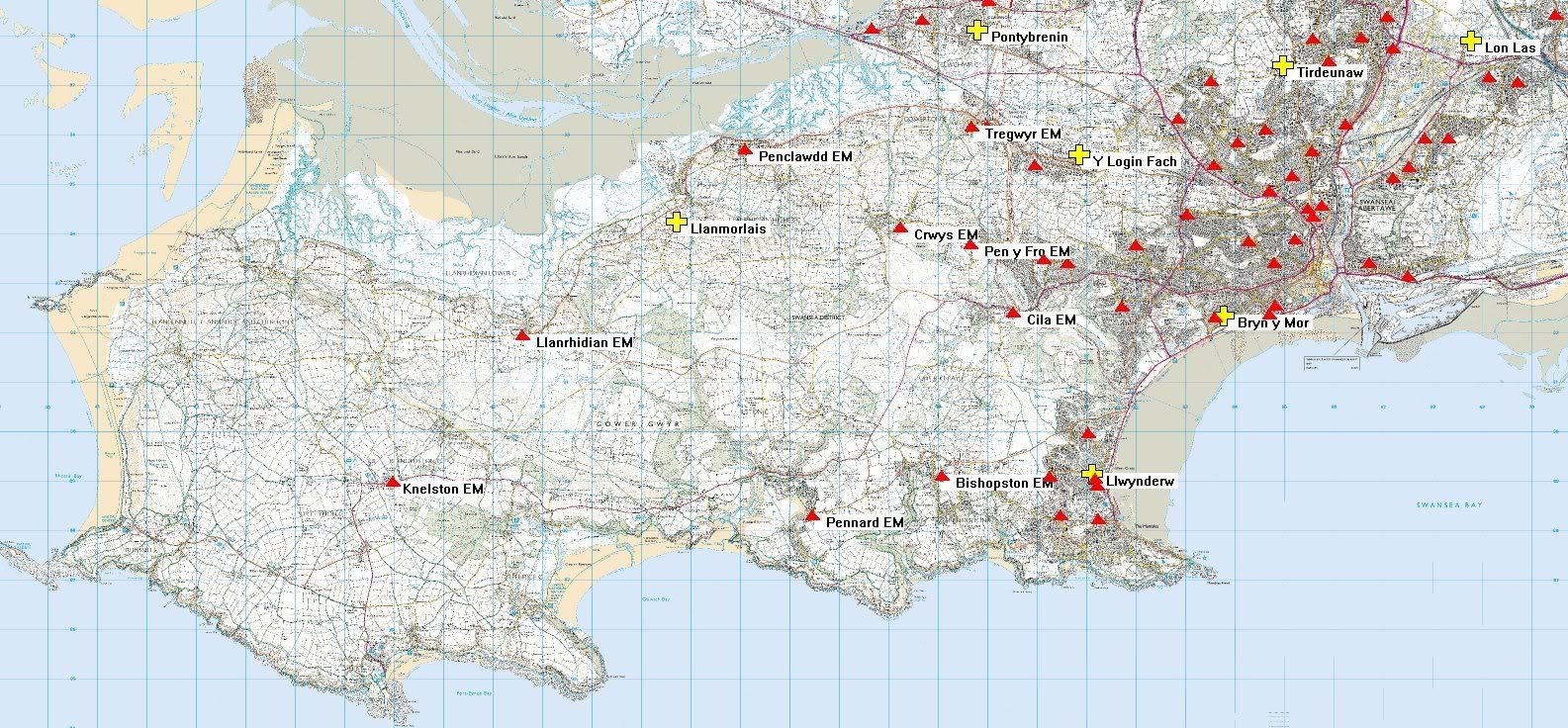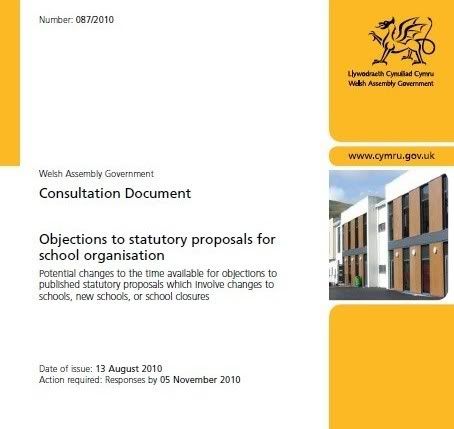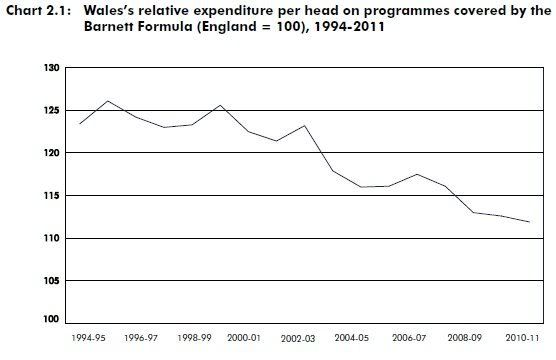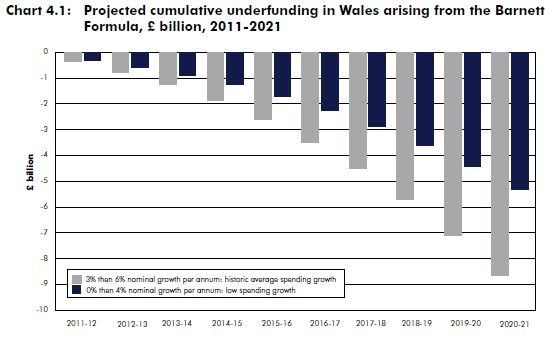It's been some time since the political situation in Belgium has been in the news here, but what has happened over the weekend is probably enough to justify a progress report.
The federal election took place on 13 June this year, and resulted in large gains for the N-VA in Flanders and for the Parti Socialiste in Wallonia, but negotiations have still not led to a federal government being formed. That shouldn't be a surprise to anyone, as it was always expected that negotiations would take months rather than weeks. It goes without saying that the situation is complicated, but I'm going to attempt to explain things as I see them. As the EU has a penchant for pillars, I'll build on that theme.
Pillar 1
The basic premise on which agreement will be reached is that—even though the N-VA is the largest party, and therefore its leader Bart De Wever might normally expect to be Prime Minister—the Parti Socialiste leader Elio di Rupo would be Prime Minister, provided that the constitutional changes wanted by the N-VA were implemented.
The longstanding outstanding issue is the electoral/judicial district of BH-V (Brussels Halle-Vilvoorde) whose constituent parts have different constitutional statuses. Brussels is one of the three geographical regions of Belgium (the other two being Flanders and Wallonia) but Halle-Vilvoorde is part of Flanders. The three regions are constitutionally distinct from the three language communities of Belgium (Dutch, French and German-speaking) with Brussels having bilingual status. It is this overlap between "regions" and "communities" that gives rise to the problem, both at a political level (because political parties in Belgium operate as separate linguistic entities) and in terms of administration of justice.
There are of course a number of ways in which the BH-V problem could be solved, and indeed some do not see a problem at all ... or, to be more precise, would see the problem not as the electoral region itself, but in the idea of the current arrangement of regions and communities. However the Constitutional Court has ruled that the current arrangement is anomalous and must to be resolved, but has not said how. In general terms, Dutch speakers are primarily concerned that Halle-Vilvoorde remains unambiguously part of Flanders; whereas French speakers see the area as a suburb of Brussels, especially the narrow southern strip that separates Brussels from Wallonia. The map below shows Halle-Vilvoorde in red and Brussels in white. In grey is Leuven, the other district in Flemish Brabant. Wallonia is to the south.

So the first plank of the deal is that BH-V is split as the main Flemish parties want.
Pillar 2
If BH-V is split, Brussels itself becomes more tightly defined and might be seen to be disadvantaged. In time honoured fashion, the solution is to smooth any reform by means of money. So, as I read the situation, the consensus seems to be that the Brussels region should get a better financial deal. The sum being talked about is €500m a year. In political terms Brussels is run by the Parti Socialiste. So, as far as Elio di Rupo is concerned, the deal should stand on these two pillars alone ... and he does have the agreement of the Flemish Greens and Socialists, as well as the Walloon parties in the negotiations.
But the two big Flemish parties, the N-VA and CD&V, the Flemish Christian Democrats, do not want to agree a deal for financing Brussels without a wider agreement on a formula for rebalancing finances of Flanders and Wallonia as well. The negotiations now seem to have broken down on this point.
It isn't really clear what the precise sticking points are because nothing has yet been committed to paper. In general terms Flanders wants more of tax money retained at regional level rather than forwarded to federal government. Wallonia is anxious to maintain the current arrangement because it is a net beneficiary of federal redistribution. According to this report about €14bn of public spending should shift from being spent by the federal government to being spent by the regional governments, but this is only a very small part of overall public spending which is just short of €200bn a year. Also, as we in Wales and Scotland know only too well, having a budget to spend is only half of the fiscal equation – good governance is not only about spending money, it is about being responsible for how that money is raised.
-
So it remains to be seen what will happen next. As the report I linked to says:
On Sunday Di Rupo said rival sides positions' were "incompatible" and announced he would give up his mediation efforts. But a day later he said he bowed to demands by King Albert II to soldier on 'out of a sense of loyalty to the state.'
Flemish newspaper De Standaard argued that the weekend's events seriously compromised relations between the main political players, dashing initial hopes that arch-rivals Di Rupo and De Wever could strike a business-like partnership.
"We are not yet negotiating the final split-up of the Belgians. Feelings and intentions are not there yet. But on Sunday night we took a further step in that direction," the paper warned ominously.
I don't think it's reached that point yet, either. The major reason why Belgium has not split so far is because of deciding what to do about Brussels and the surrounding areas. So, if the situation as I read it is correct, an agreement about what exactly constitutes Brussels and what constitutes Flanders is more important for the eventual independence of Flanders than any shorter-term arrangement about finances. I do not think the Flemish parties would throw that away. If things are as reported, the BH-V split without additional concessions to French speakers in Halle-Vilvoorde has given them what they wanted.
But equally, the Flemish parties are not going to be content without any move towards greater fiscal autonomy for the regions. The balance between taxes set and collected by the federal treasury (about 90%) and those set and retained in the regions would need to shift. Di Rupo has proposed a Commission "to formulate proposals to suggest new funding models" but, as we in Wales and Scotland know, this might be of little value unless matched by political commitment.
-
To us it might seem strange that Belgium could run without a government since June, but it isn't really a problem for them. It's not even a hundred days yet. Up until now things have been very cordial and consensual. So perhaps this first sign of so-called irreconcilable disagreement is evidence that the hard negotiation has only just begun.





















